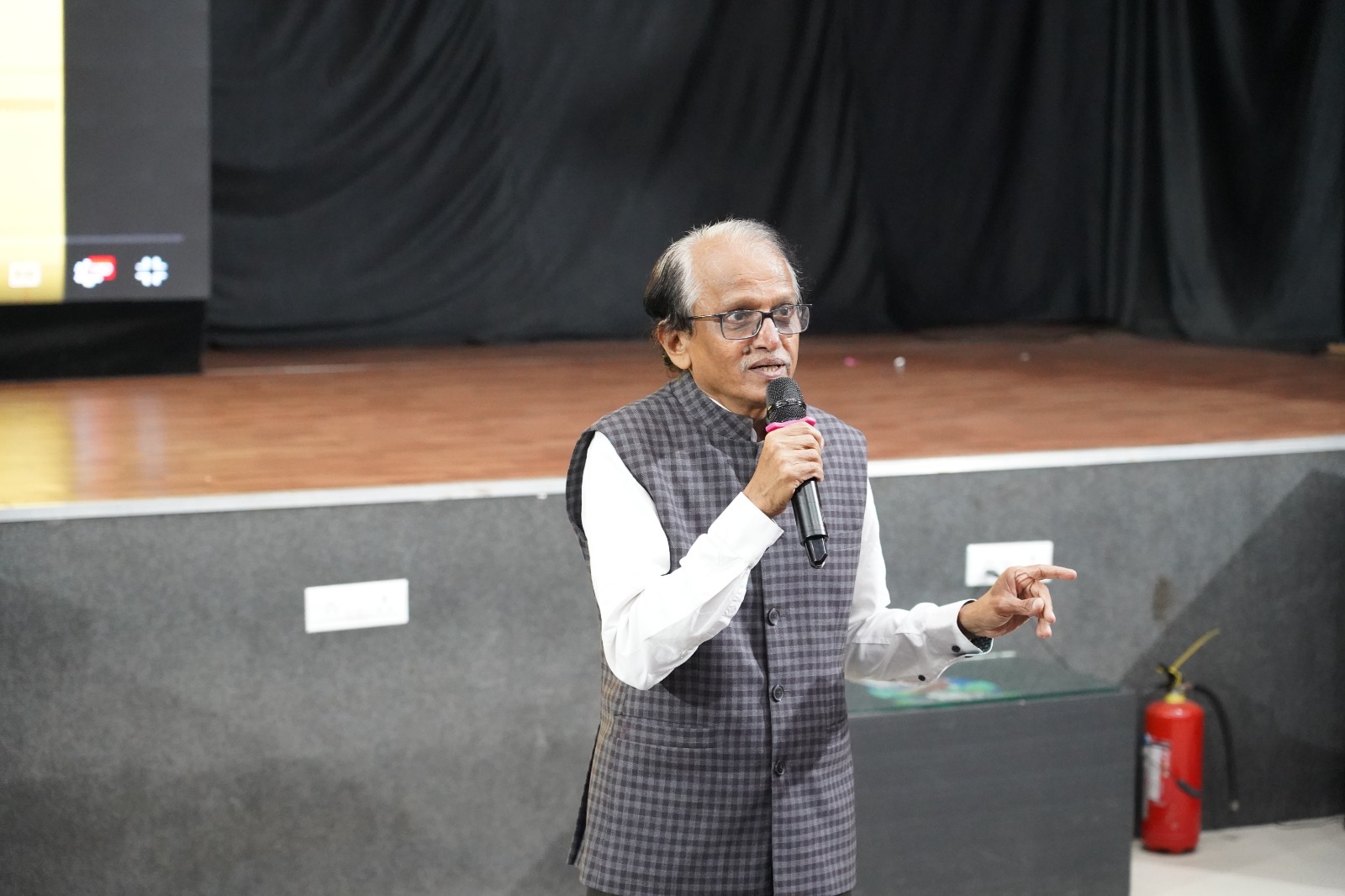

Sri. R. Hari, Disability Inclusion Ambassador in the hospitality sector, was the chief guest of the day, and he spoke about job opportunities for differently-abled children and their needs and how these children can be trained in this field.
Children with Down Syndrome and other disabilities were given the opportunity to showcase their talents and creativity. These celebrations not only highlight the unique abilities and perspectives of individuals with Down syndrome but also promote inclusivity and diversity within the artistic community. Through various art forms such as painting, music, dance, and theatre, individuals with Down syndrome are able to express themselves and connect with others in a meaningful way. These celebrations serve as a reminder of the importance of embracing differences and celebrating the beauty of diversity in all its forms.
Job opportunities for differently-abled children are important to ensure inclusivity and equal opportunities in the workforce. These children have unique needs that should be addressed to support their success in the workplace. Training programs tailored to their abilities and requirements can help them develop the necessary skills for various job roles. By providing accessible training and support, we can empower differently-abled children to thrive in their chosen fields and contribute meaningfully.
Differently-abled children deserve equal opportunities in the workforce, and it is crucial to address their unique needs and provide tailored training programs to support their success in various job roles. This report aims to explore job opportunities for differently-abled children, their specific needs, and effective training strategies to empower them in the professional field.
Creating job opportunities for differently-abled children is essential for promoting inclusivity and diversity in the workplace. Companies and organizations should prioritize hiring individuals with diverse abilities and provide a supportive environment that fosters their growth and development. Job roles can range from administrative tasks to creative positions, depending on the individual's skills and interests.
Differently-abled children have diverse needs that should be addressed to ensure their success in the workforce. These needs may include physical accommodations, assistive technologies, flexible work schedules, and supportive mentors or colleagues. It is crucial to create an inclusive and accessible work environment that caters to the specific requirements of differently-abled individuals.
Effective training programs are key to preparing differently-abled children for the workforce. These programs should be tailored to their abilities and requirements, focusing on developing relevant skills and enhancing their confidence. Training strategies may include hands-on experience, mentorship programs, vocational training, and ongoing support to ensure a smooth transition into the professional field.
Enhancing job opportunities for differently-abled children requires a holistic approach that addresses their needs and provides effective training strategies. By creating inclusive work environments, offering tailored support, and implementing comprehensive training programs, we can empower differently-abled individuals to thrive in the workforce and contribute meaningfully to society. It is essential for companies and organizations to prioritize diversity and inclusivity to create a more equitable and inclusive workplace for all individuals, regardless of their abilities.